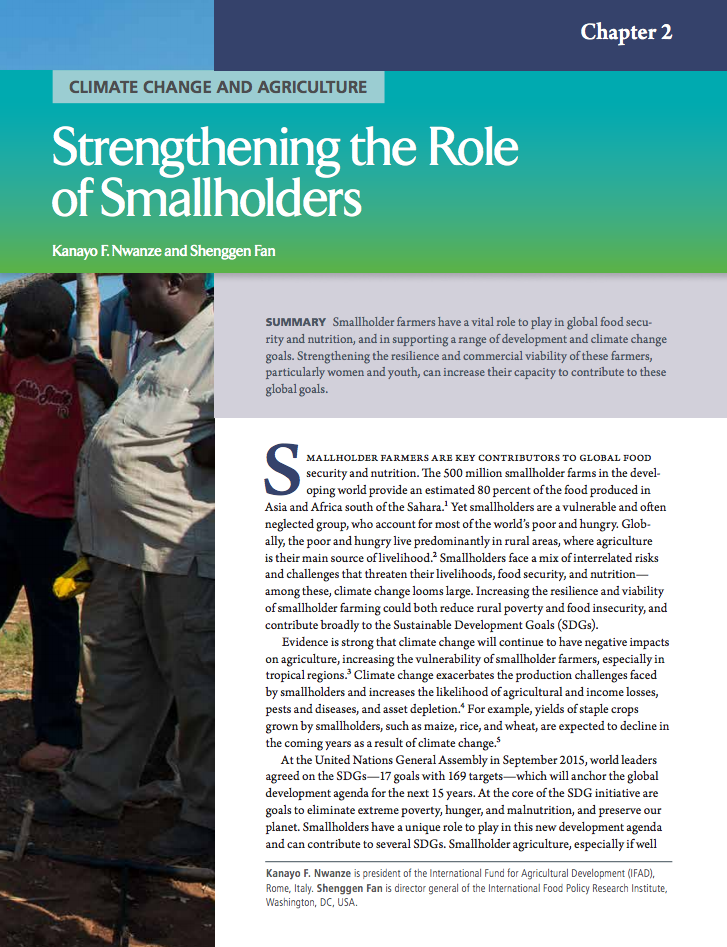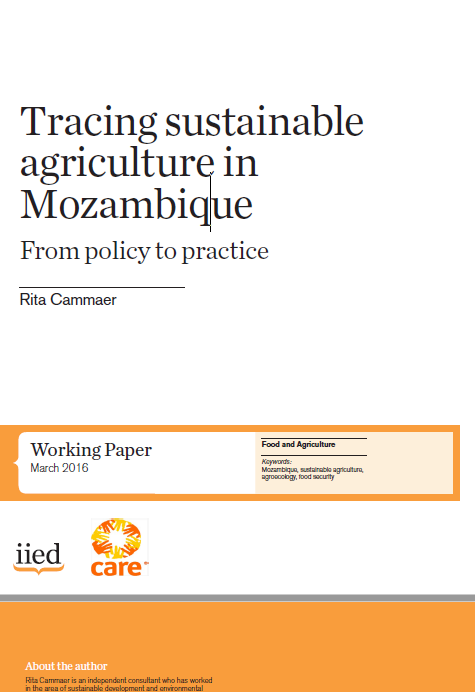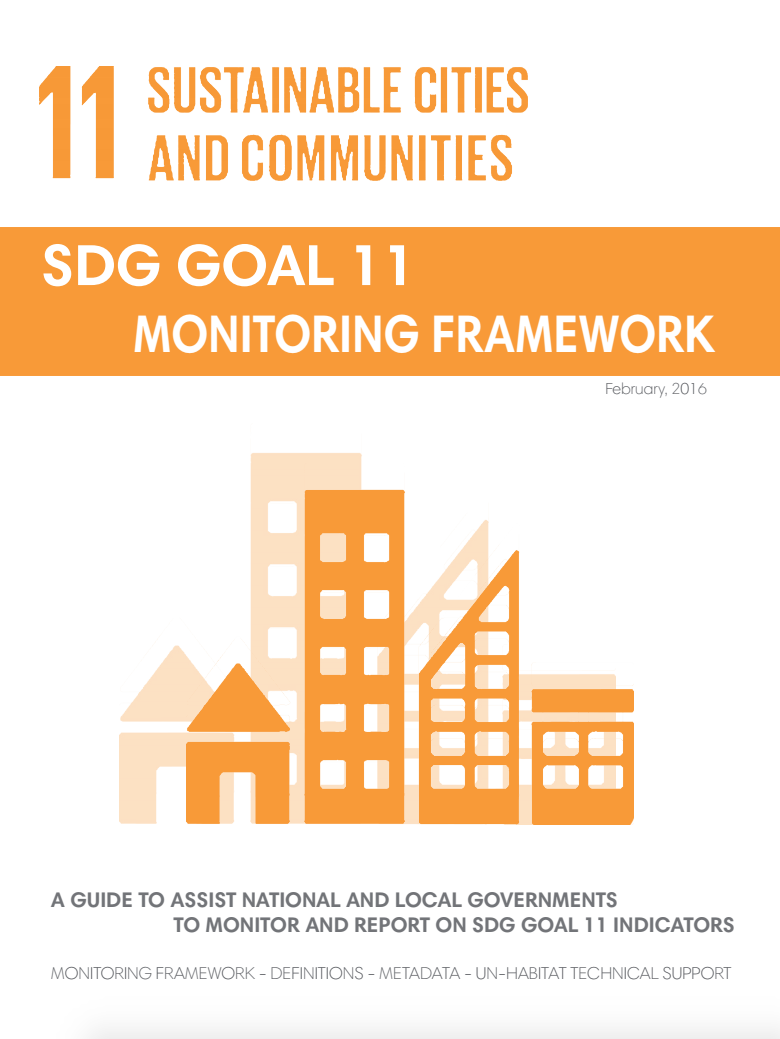Climate change and agriculture: Strengthening the role of smallholders
Smallholder farmers have a vital role to play in global food security and nutrition, and in supporting a range of development and climate change goals. Strengthening the resilience and commercial viability of these farmers, particularly women and youth, can increase their capacity to contribute to these global goals.









